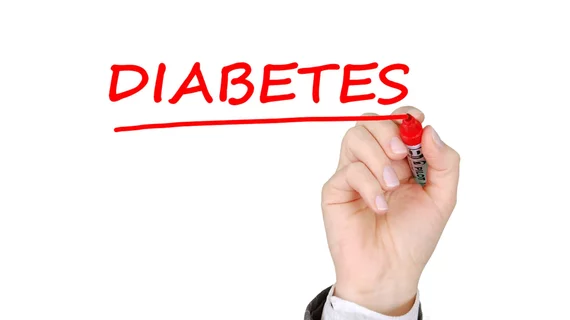Liraglutide, a common medication used to treat type 2 diabetes (T2D), is safe to use for heart failure (HF) patients, according to new findings published in the Journal of the American College of Cardiology.
Liraglutide is one of several glucagon-like peptide-1 receptor agonists (GLP-1RAs) used to treat T2D, the study’s authors explained, but it remained unclear how the medication might impact patients with HF.
“More data are required to establish whether these benefits are observed in patients with HF or whether these patients are at a higher risk of such events when treated with a GLP-1RA,” wrote first author Steven P. Marso, MD, Midwest Health in Overland Park, Kansas, and colleagues. “Although some previous small studies with liraglutide in patients with HF showed improvements in left ventricular function, others indicated potential safety concerns in patients with HF with reduced ejection fraction.”
Marso et al. explored patient data from the LEADER (Liraglutide Effect and Action in Diabetes: Evaluation of Cardiovascular Outcome Results) clinical trial, a study of more than 9,000 participants completed in December 2015. Overall, liraglutide’s impact on “major adverse cardiovascular events” compared to a placebo was consistent for patients with and without history of HF. Fewer deaths were seen in both groups, and there was no increased risk of HF hospitalization.
The treatment was also associated with “a lower occurrence of nephropathy” than a placebo, but “whether or not these results are related to the natriuretic effects of liraglutide is unclear.”
One key limitation of the study, the authors noted, was that the LEADER trial focused on patients with both T2D and a high risk of cardiovascular disease. The team’s findings “may not be applicable” to patients with a lower risk of such events.
However, Marso and colleagues concluded, their research still shows that liraglutide can provide significant quality to a wide variety of patients with T2D.
“Overall, results from this analysis of LEADER data indicate that liraglutide should be considered a suitable treatment option for patients with T2D, either with or without a history of HF,” the authors wrote.

